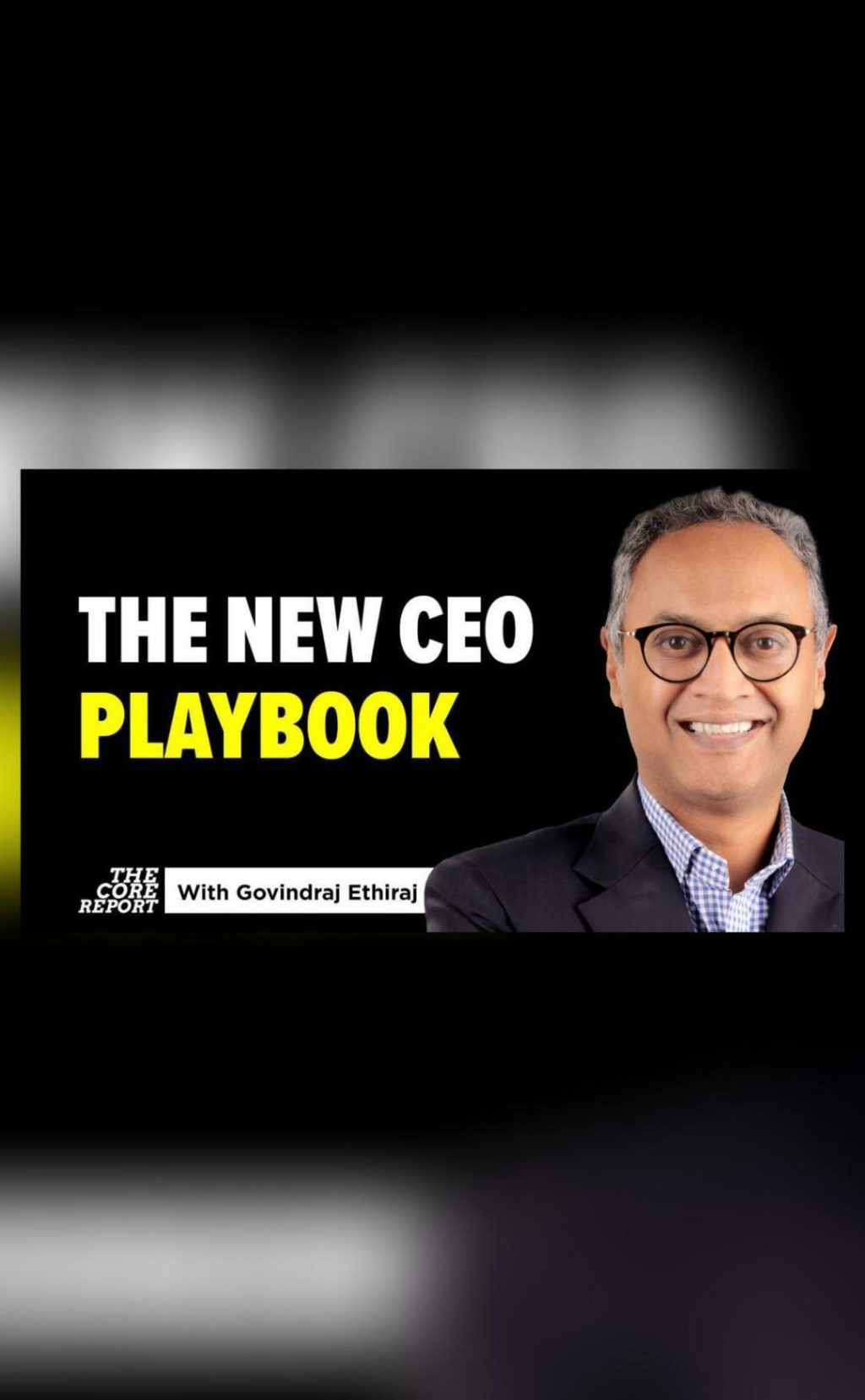
The New CEO Playbook: AI Pressures & Global Tariff Shocks
As we navigate the complex and rapidly evolving business landscape, CEOs are facing unprecedented challenges. The confluence of artificial intelligence (AI) reshaping industries and global tariff shocks disrupting trade has created a perfect storm of uncertainty. In this environment, business leaders must rethink their strategy and operations to remain competitive, adapt to changing circumstances, and ensure the long-term viability of their organizations.
Internal Pressures to Automate and Innovate
The rise of AI has brought about significant internal pressures on CEOs to automate and innovate. As AI technology improves, companies are being forced to re-evaluate their workforce and identify areas where automation can enhance efficiency, reduce costs, and improve productivity. This requires CEOs to invest in digital transformation, upskill their employees, and develop new business processes.
According to a recent survey by Deloitte, 83% of CEOs believe that AI has the potential to significantly impact their business, but only 30% have a clear strategy in place to capitalize on its benefits. This gap between intention and action highlights the need for CEOs to develop a comprehensive plan to harness the power of AI and drive business growth.
External Forces: Shifting Trade Policies and Tariff Shocks
In addition to internal pressures, CEOs must also contend with external forces, including shifting trade policies and tariff shocks. The ongoing trade tensions between major economies have created uncertainty and volatility in global trade, forcing companies to reassess their supply chains, sourcing strategies, and pricing models.
The impact of tariffs is particularly acute for companies with global supply chains, as they must navigate complex networks of suppliers, manufacturers, and distributors. A single tariff hike can have a ripple effect throughout the entire supply chain, leading to increased costs, reduced margins, and potentially even business disruption.
Rethinking Strategy and Operations
In response to these internal and external pressures, CEOs must rethink their strategy and operations to ensure long-term success. This requires a combination of short-term tactical adjustments and long-term strategic planning.
Some of the key strategies CEOs are employing to adapt to the new AI-driven and tariff-shocked landscape include:
- Localizing supply chains: Companies are shifting their focus from global supply chains to localizing their operations, reducing reliance on distant suppliers, and increasing resilience to tariff shocks.
- Adapting business models: CEOs are rethinking their business models to focus on innovation, digital transformation, and customer-centricity, rather than simply relying on traditional revenue streams.
- Investing in upskilling: As AI automation replaces certain jobs, CEOs are investing in upskilling and reskilling their employees to remain competitive and adaptable.
- Developing new partnerships: Companies are forming new partnerships and alliances to stay ahead of the curve, leverage each other’s strengths, and share risks and resources.
Conclusion
The new CEO playbook is clear: AI pressures and global tariff shocks require business leaders to rethink their strategy and operations. With no guarantee of stability, companies must adapt, innovate, and localize to thrive in this complex and rapidly evolving business landscape.
As we navigate this uncertain future, CEOs must prioritize digital transformation, upskill their employees, and develop new business models that prioritize innovation, customer-centricity, and resilience. By doing so, they will be well-positioned to capitalize on the opportunities presented by AI and tariff shocks, and ensure the long-term success of their organizations.
Source: https://youtu.be/0osLVVtj7tY






